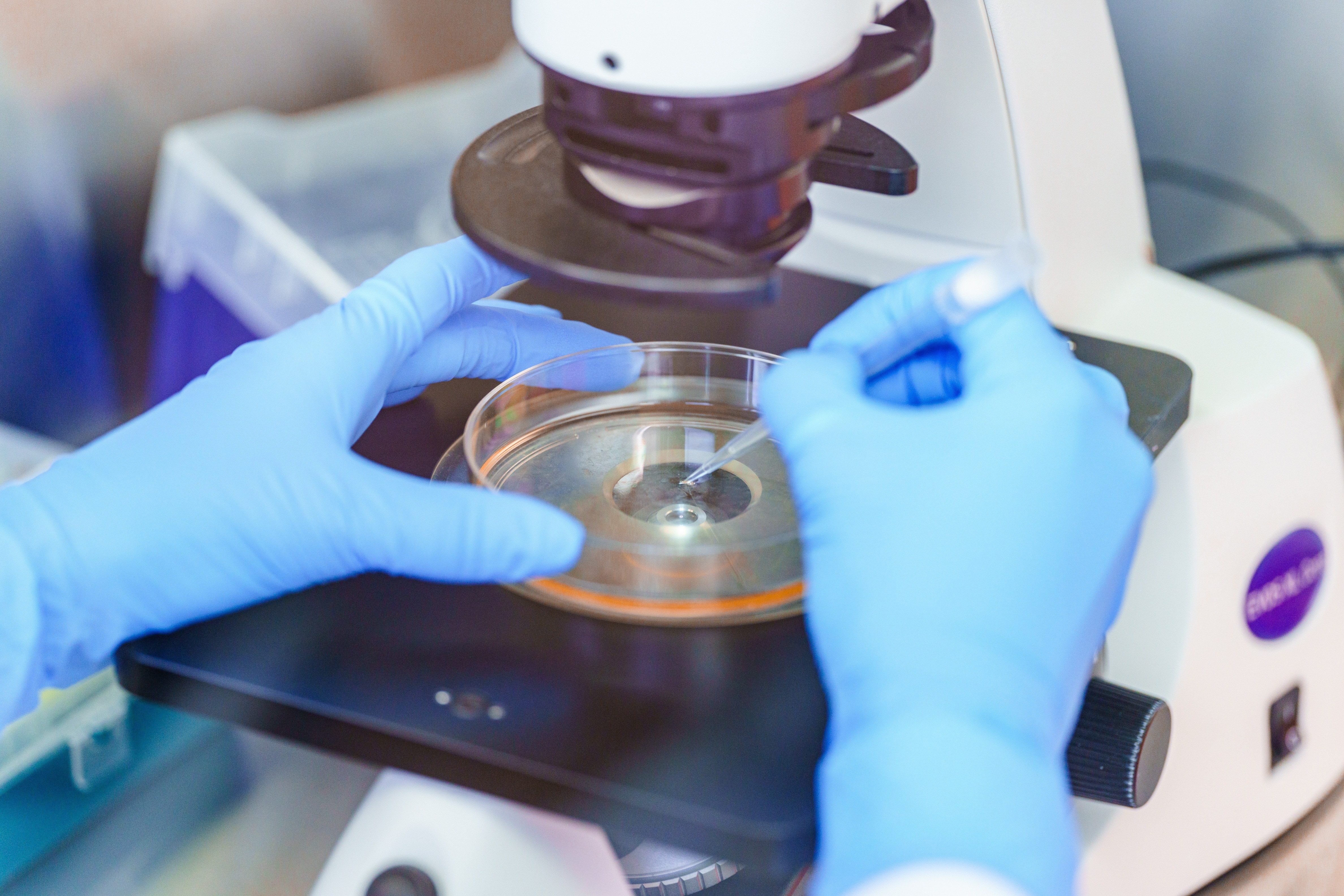September 14, 2021
QurAlis Announces Development Candidate for ALS Targeting STATHMIN-2
QRL-201 is a first-in-class molecule that rescues STATHMIN-2 loss of function in motor neuron disease models in the presence of TDP43 pathology
Currently in IND-enabling studies with plan to enter clinical development in 2022
Loss of TDP43 function occurs in up to 90% of all ALS patients
CAMBRIDGE, Mass., September 14, 2021— QurAlis Corporation, a biotech company developing breakthrough precision medicines for amyotrophic lateral sclerosis (ALS) and other neurodegenerative diseases with genetically validated targets, today announced the nomination of QRL-201 as the Company’s development candidate for the treatment of ALS. A first-in-class molecule that aims to restore STATHMIN-2 (STMN2) expression in ALS patients, QRL-201 is currently undergoing investigational new drug (IND)-enabling studies. QurAlis plans to initiate clinical development for QRL-201 the second half of 2022.
STATHMIN-2 is a well-known protein important for neural repair and axonal stability, the expression of which is significantly decreased in nearly all ALS patients. QRL-201 rescues STMN2 loss of function in QurAlis ALS patient-derived motor neuron disease models in the presence of TDP43 pathology. In addition to nearly all ALS patients, TDP43 pathology is also associated with approximately 50 percent of patients with frontotemporal degeneration (FTD), the second most common form of dementia; about a third of Alzheimer’s Disease patients; and up to seven percent of Parkinson’s disease patients.
“QRL-201 could potentially benefit ALS patients who have a loss of STMN2 due to TDP43 pathology which could in turn slow disease progression,” said Kasper Roet, PhD, CEO and co-founder of QurAlis. “We are excited to bring QRL-201 out of stealth and continue advancing our program to the clinic so that we can bring this potentially transformative treatment to patients rapidly.”
Using human neuronal stem cell models from ALS patients, QurAlis co-founder and Harvard professor Kevin Eggan, PhD, discovered in 2019 that the expression of STMN2 is regulated by TDP43. The Eggan Lab showed that loss of normal TDP43 function leads to a highly significant decrease in expression of STMN2 and an impairment in neuronal repair which could be rescued by restoring STMN2 levels. These results were published in Nature Neuroscience.
“QurAlis’ therapeutic strategy is based on the groundbreaking discovery of Dr. Eggan which solidifies our understanding of ALS because the regulation of STMN2 provides a genetic precision medicine target for sporadic ALS patients. Since this mechanism does not exist in animal models because the sequences are conserved only in humans and great apes, we must rely on human stem cell models to understand the development of ALS in sub-groups of patients, to identify precision medicine targets, and to test potential therapeutic molecules,” added Dr. Roet.
QurAlis also announced a second year of funding through Target ALS and The Association for Frontotemporal Degeneration to aid in the discovery of biomarkers and viable treatments for ALS and FTD in collaboration with the University of Massachusetts Medical School and Harvard University.
About QRL-201
QRL-201 is a therapeutic product candidate for the recovery of STATHMIN-2 (STMN2) expression in amyotrophic lateral sclerosis (ALS) patients. STATHMIN-2 is a well-known protein important for neural repair and axonal stability, the expression of which is significantly decreased in the majority of ALS patients. Also known as SCG-10, STMN2 is a protein important for stabilization of microtubules which form an important component of the cytoskeleton of cells and axons. STATHMIN-2 is highly expressed in human motor neurons, the cells that primarily degenerate in patients suffering from ALS. In animal models, STMN2 deletion was found to cause axonal degeneration, which is the primary functional deficit that leads to paralysis in ALS patients.
About QurAlis Corporation
QurAlis is trailblazing the path to conquering amyotrophic lateral sclerosis (ALS) and other neurodegenerative diseases with genetically validated targets with next-generation precision medicines. QurAlis’ proprietary platforms and unique biomarkers enable the design and development of drugs that act directly on disease-causing genetic alterations. Founded by an internationally recognized team of neurodegenerative biologists from Harvard Medical School and Harvard University, QurAlis is advancing a deep pipeline of antisense oligonucleotides and small molecule programs including addressing sub-forms of ALS that account for the majority of ALS patients. For more information, please visit www.quralis.com or follow us on Twitter @QurAlisCo.



